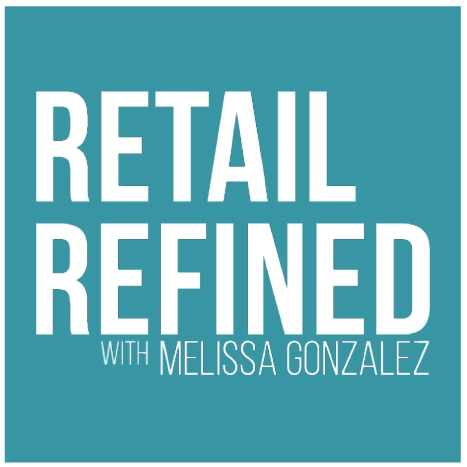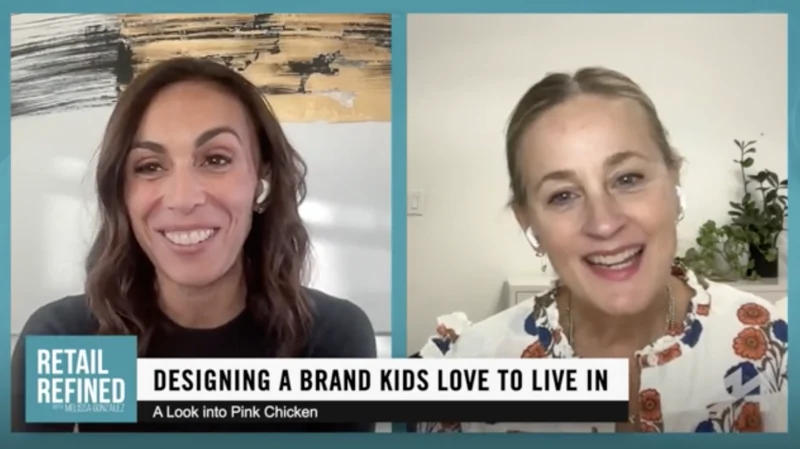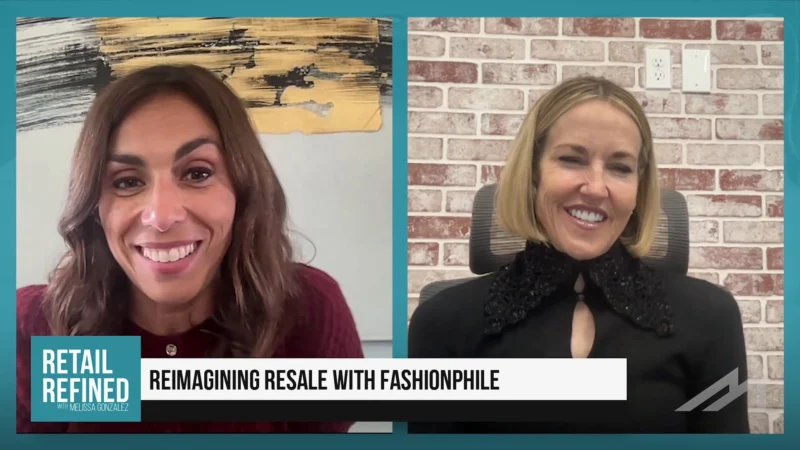Ecommerce Websites Have the Same Basic Structure. Will Higher Consumer Expectations Change That?
Ecommerce adoption has never been higher, but that doesn’t mean shoppers want standard shopping experiences. They’re expecting more and for brands to delight them. Many of these companies are investing in experiential ecommerce. Retailed Refined host Melissa Gonzalez spoke with Neha Singh, the Founder and CEO of Obsess, about this topic. Singh, a returning guest, started Obsess, an experiential ecommerce platform, to enable companies to create visual, immersive, branded online shopping experiences.
“Most ecommerce websites have the same interface, but consumers have higher expectations for interactivity now. Ecommerce hasn’t kept up with this, and that’s why I started Obsess so that they can build brand loyalty for a new generation,” Singh said.
Consumer behavior is the driver behind 3D virtual shopping. “Millennials and Gen Z are all playing or watching games and used to this 360-degree environment. The other aspect is the pandemic, with consumers across the board more comfortable with ecommerce and expecting better experiences,” Singh noted.
The combination of these two trends is what’s leading to experiential ecommerce. This concept applies to any category. Obsess works with fashion, beauty, toy brands, and big-box stores like Sam’s Club.
Singh shared some of the insights they’ve learned about consumer engagement in these virtual spaces. “There’s consumer engagement across demographics; it’s not just for younger consumers.”
This mass appeal also goes for different price points, from luxury to commodities. “If you make it interesting, customers will explore it,” Singh commented.
Another key learning was that UI and UX principles still hold true. “If the user journey is clear, it receives high engagement. If it’s unclear, they won’t click.”




